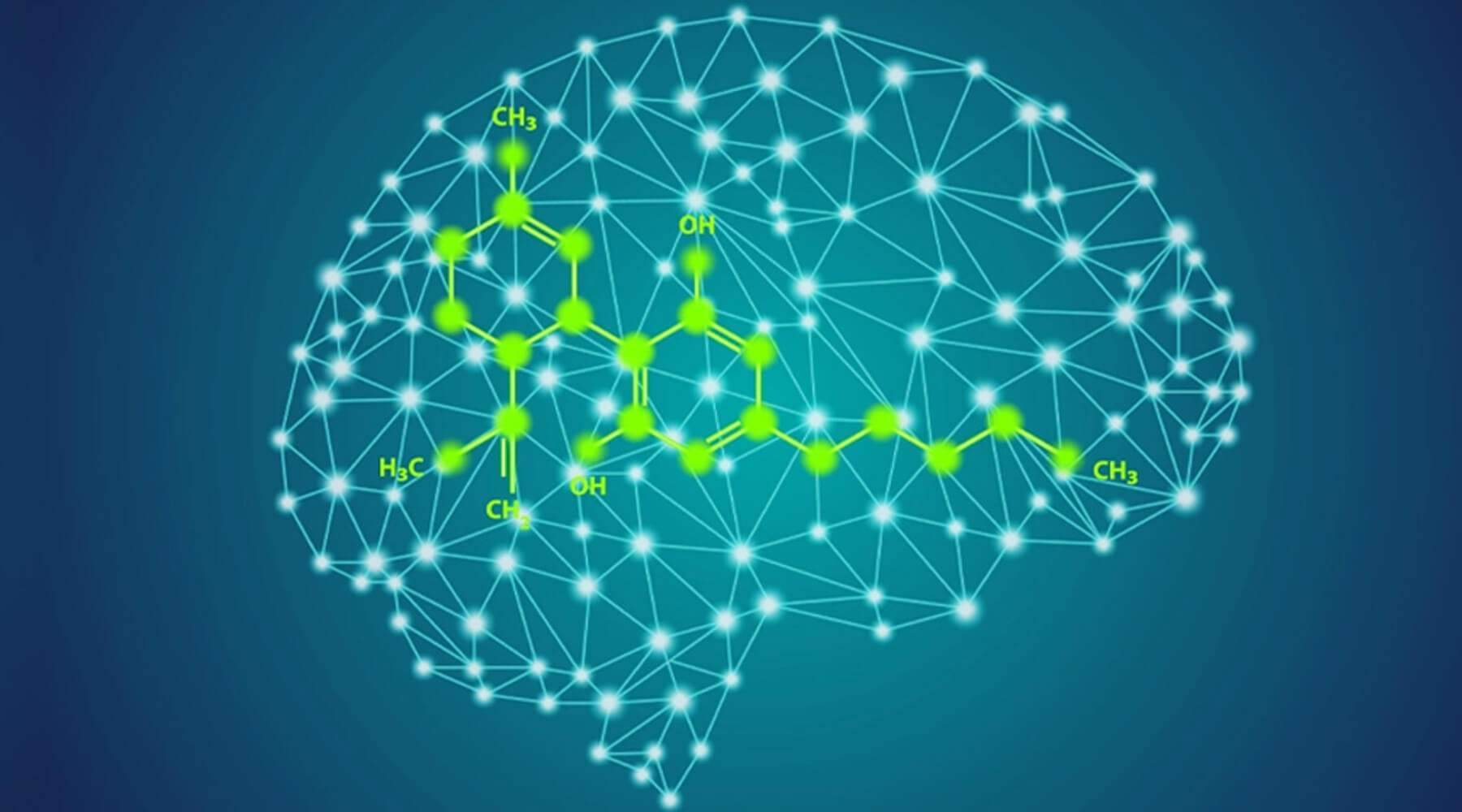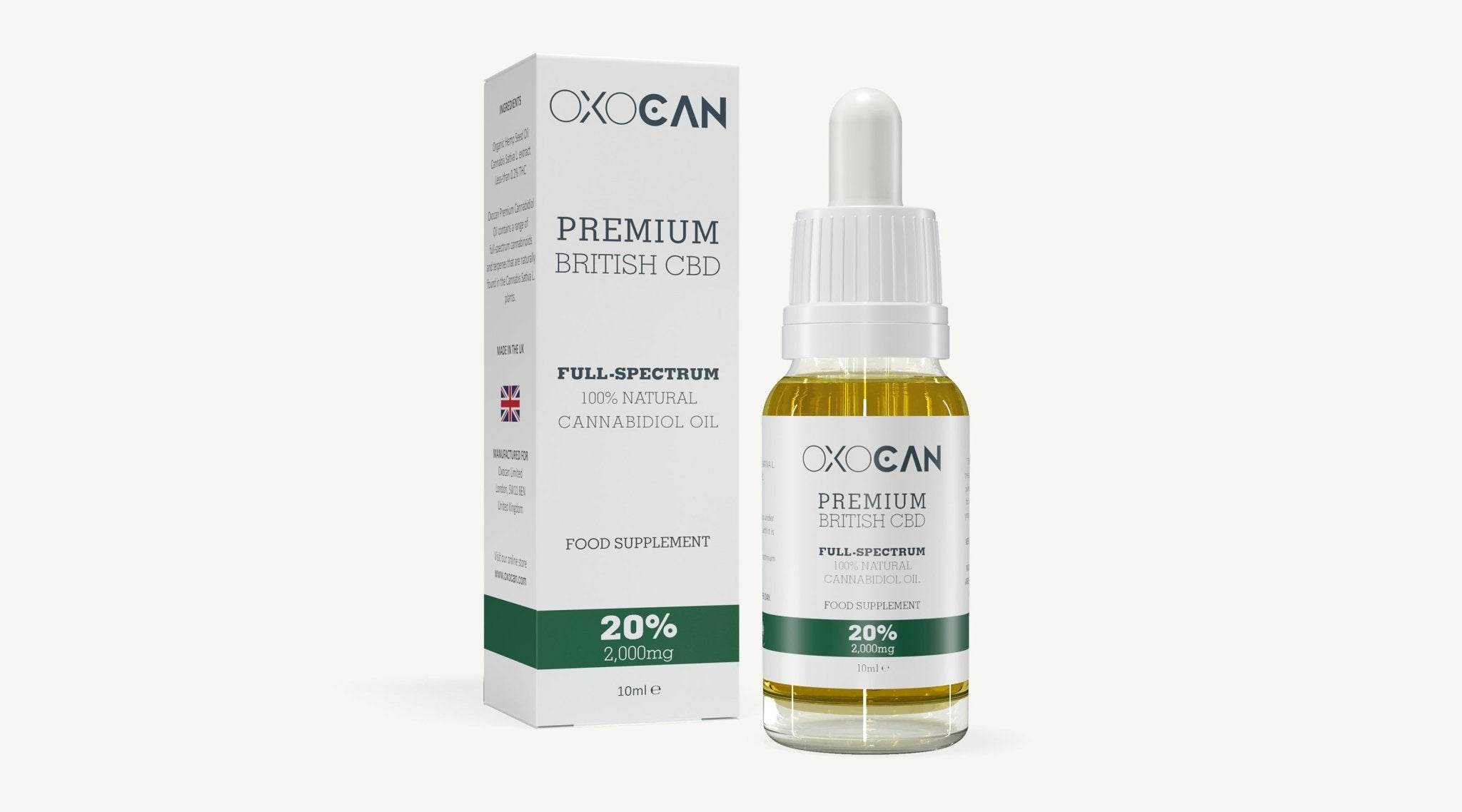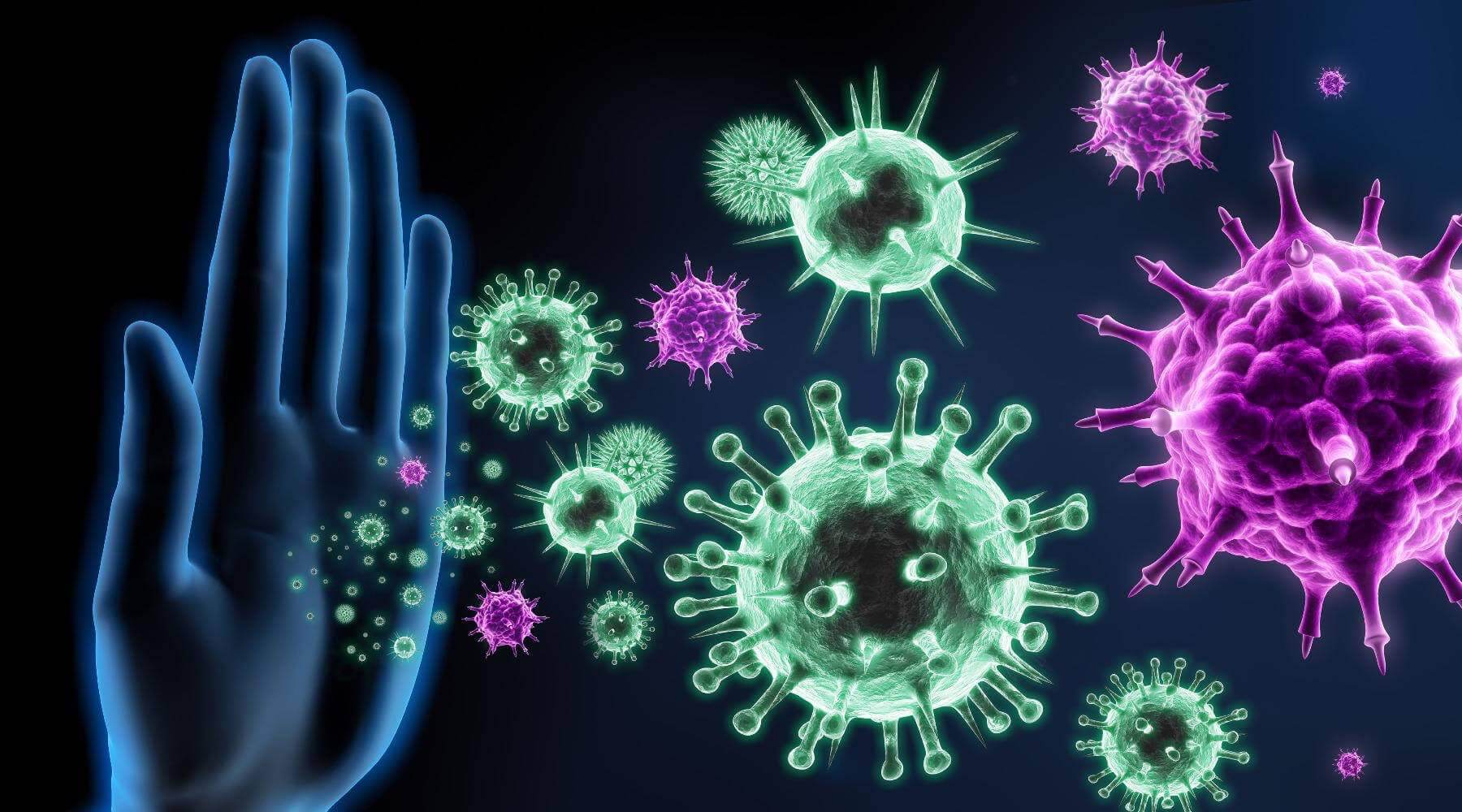
Does CBD affect the human brain?
How is CBD produced?
Cannabis species produce CBD or Cannabidiol, which is a non-psychoactive substance. CBD is the second most frequent compound generated in most marijuana plants. On the other hand, THC is the most commonly generated compound by most marijuana plants. Although several people associate marijuana with THC, CBD is gaining popularity owing to its multiple health advantages.
This post will explore three distinct ways CBD impacts the brain, so if you've been thinking about getting into the CBD realm, this will be a great starting point. Continue reading to find out more.
Anxiety and depression are alleviated
Many individuals are aware of marijuana's capacity to help relieve anxiety. However, while THC might make some individuals feel calm and peaceful, it can also make others feel more anxious. As a result, experts are now looking into CBD as a therapy for depression and anxiety.
For example, in a particular study, researchers looked at the impact of CBD on stress levels and the human brain. As the experts observed, CBD decreases blood circulation to parts of the brain associated with anxiousness, including the hypothalamus, which becomes hyperactive in individuals with depression and anxiety. CBD has also been found to lessen general stress, with subjects experiencing better mental health after receiving the cannabinoid.
This may possibly have anti-depressant properties. CBD acts primarily by rebalancing the endocannabinoid system malfunction in patients experiencing depression. Furthermore, Cannabidiol has been shown to act on serotonin receptors, modulating depressive symptoms. It is clearly ahead of anti-depressants as CBD takes less time to work.
Pain and inflammation are reduced
For centuries, cannabis was used to treat pain. Although THC has always been renowned for its pain-relieving properties, research shows that CBD can also help decrease pain. CBD relieves pain by working on the CB2 receptor, primarily in immune cells. Cannabinoid receptors, CB2, are in charge of specific cellular processes.
CB2 receptors are crucial for decreasing the inflammatory response produced by immune cells, which is among the most complicated biological tasks that they manage. CBD reduces the number of inflammatory chemicals present in areas of inflammation, such as cytokines and chemokines. CBD's potential to reduce inflammation laterally aids in the blockage of pain signals reaching the brain.
CBD stimulates the endocannabinoid system
CB2 receptors are the primary components of the endocannabinoid system; these receptors are situated in the immune cells and brain, respectively. When marijuana is consumed, CBD and THC, both these chemicals stimulate the endocannabinoid system. The psychoactive effects are produced when CB1 receptors bind with THC in the brain. These effects include heightened mood, pain relief, and hunger.
CBD, contrary to THC, does not stimulate CB1 receptors. As a result, CBD has no psychoactive properties. On the other hand, CBD binds with the receptors of CB1 in a manner that prevents compounds like THC from connecting to CB1 receptors. Cannabidiol reduces several of the euphoric effects of THC, including loss of memory and stress.
Our CBD Products
Visit our home page to discover our selection of full-spectrum CBD Oils, CBD Capsules and CBD Candles. https://oxocan.com


